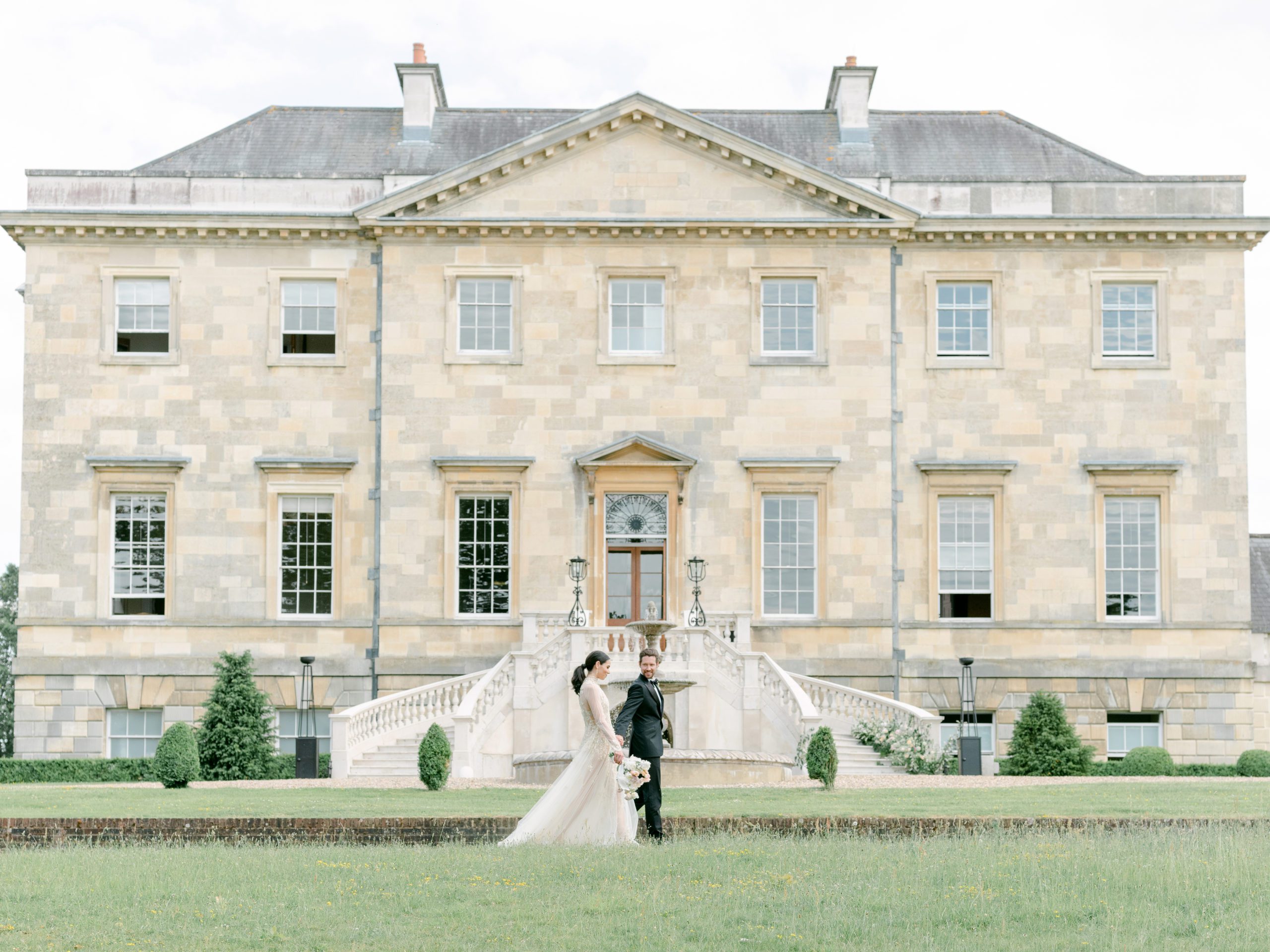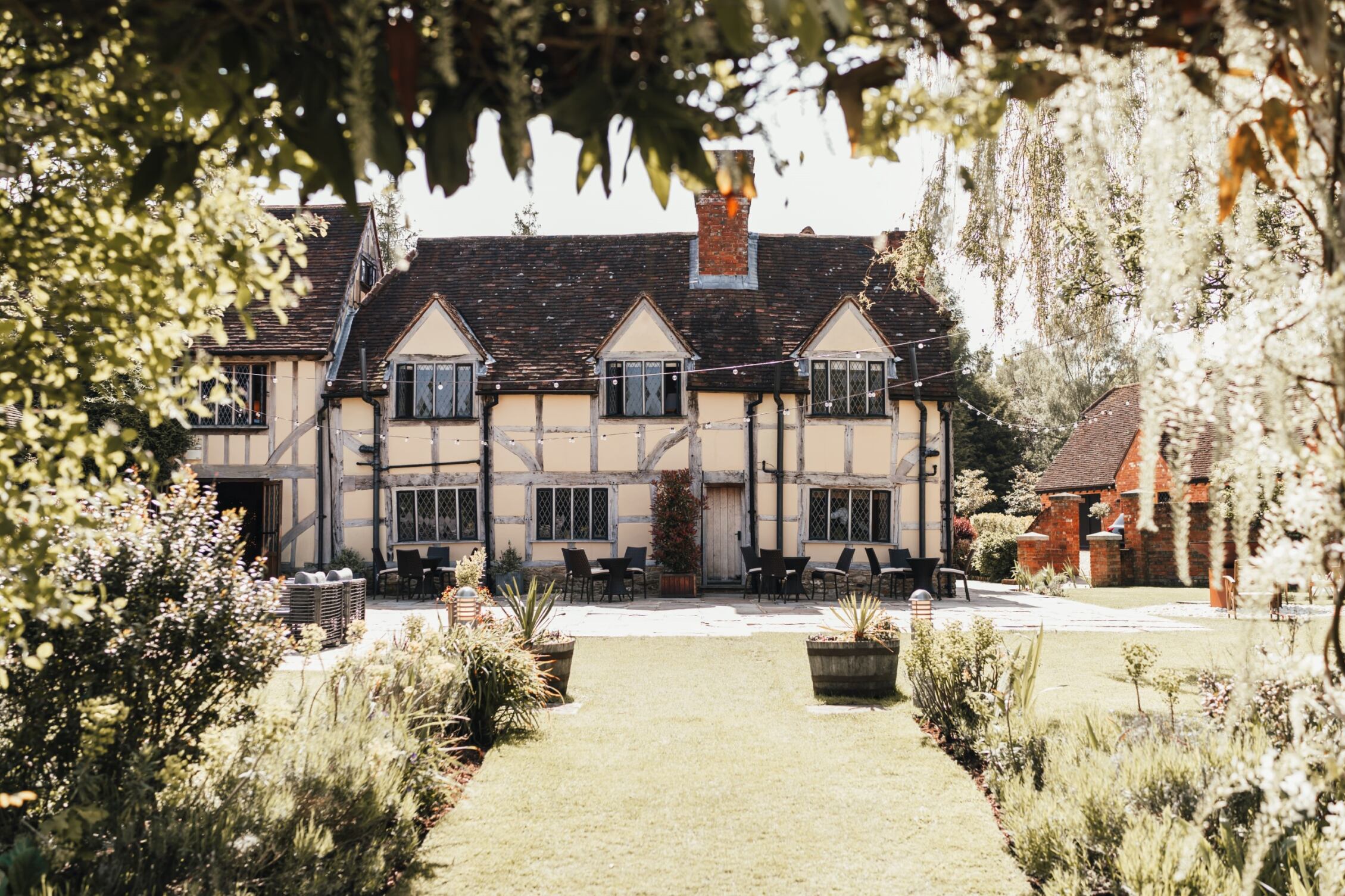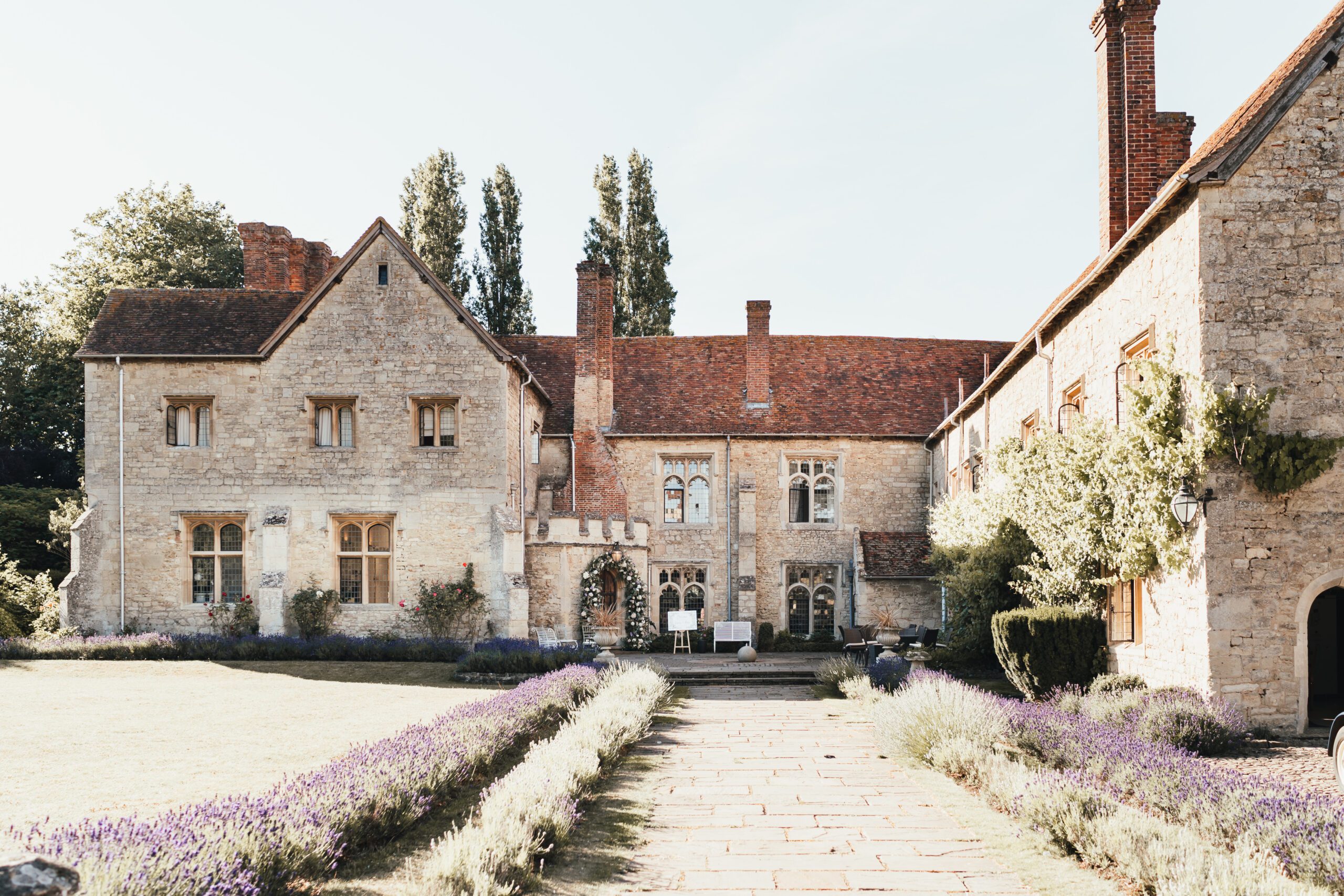CIVIL PARTNERSHIPS VS MARRIAGE
Learning the difference between a civil partnership and marriage
Since same-sex marriages were legalised in the UK in 2014, we’ve thankfully and finally joined the ranks of a growing number of countries supporting marriage equality. For those who have already entered into a civil partnership, the Marriage (Same-sex couples) Act of 2013 offers the ability to convert this into a civil marriage but is under no obligation to do so if they would rather retain their civil partnership.
What is the difference between a civil partnership and a marriage?
Under the Civil Partnership Act of 2004, same-sex couples have been entitled to legally register their relationship. By doing so, it offers the same legal rights and responsibilities as a civil marriage across a range of matters, such as inheritance, pensions, child maintenance and life assurance and is exclusively for same-sex couples.
As with civil marriages, couples entering into a civil partnership must give at least 28 days notice at their local register office. The partnership becomes legal once both parties and their witnesses have signed the registration certificate, however, this does not need to be signed during an official ceremony. It allows the couple to enter into a partnership on a private basis, where no official vows are recited.
For many, the reasoning behind the conversion of a civil partnership is primarily due to labels rather than legal implications and the desire to be included and accepted within a society. However, in countries where same sex marriage is legal, civil partnership is not a recognised custom and therefore couples living abroad are not entitled to the same rights as if they were married.




